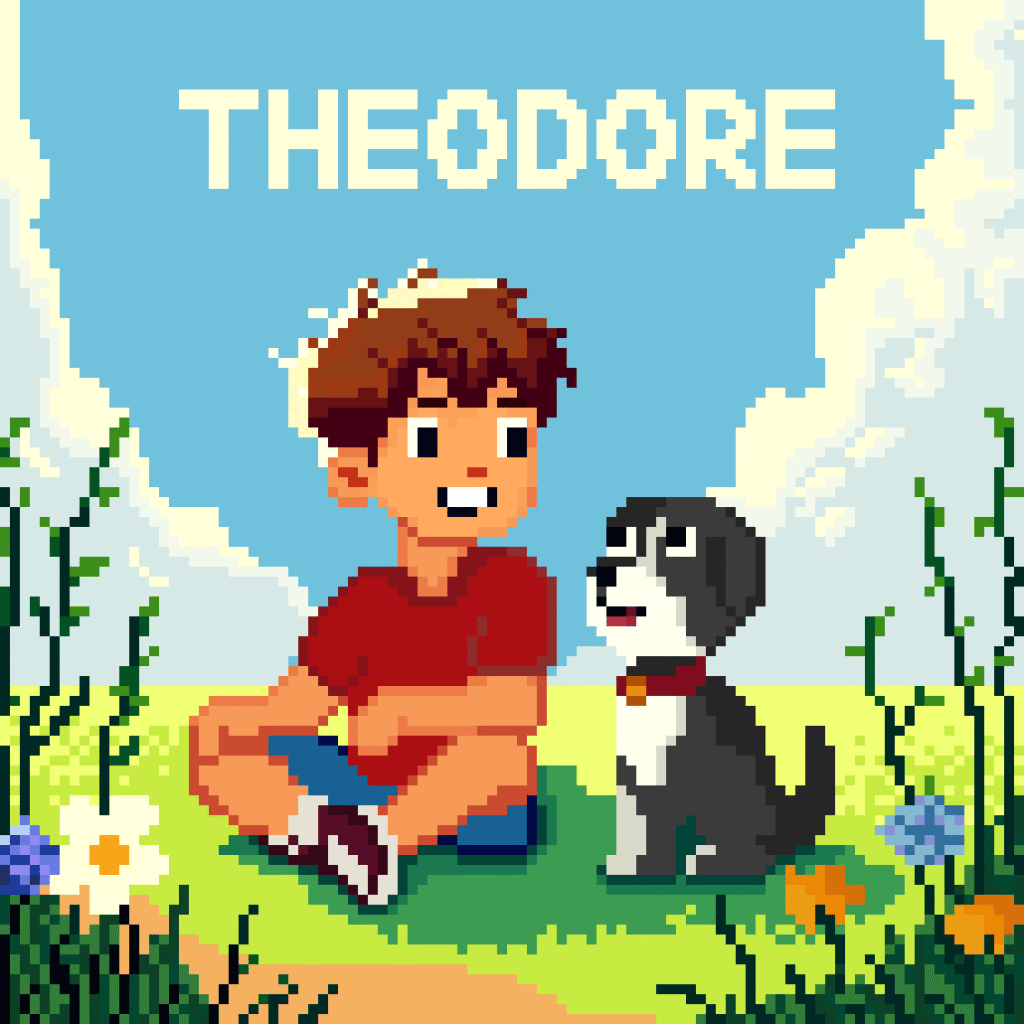Research
I began my journey into Ludomusicology, the academic study of video game music, with my honours research project. My thesis Listening Outside Ourselves: How the Music in Celeste Facilitates Empathy with Queer Identities explored how video games can connect us with diverse avatars and emotional experiences through audio.
Based off this thesis, I was privileged to receive the Jean Rogerson Postgraduate Scholarship to continue my research. I am currently a PhD candidate at the University of Western Australia.
As a practitioner of video game audio, I am undertaking a creative practice PhD that allows me to explore my research practically and theoretically. I am a big proponent for this approach, and love testing my ideas through my work.
I am still in the early stages of my PhD, but you can check back here for updates on my project! I’m always keen to chat about my work, so feel free to get in touch.
PhD Project
Current Research: 2025 – 2028
My PhD will build on my Honours research, exploring how video game audio can create shared identity between players and avatars, potentially increasing empathetic connection.
I am creating a short video game that explores the lived experience of autism. Through audio, I plan to communicate the shared emotional experiences of both autistic and non-autistic people – hopefully encouraging an empathetic perception of autism for non-autistic players.
Listening Outside Ourselves: How the Music in Celeste Facilitates Empathy with Queer Identities
Honours Paper: 2024
Abstract
In video games, players experience a blending of identities as their actions are entwined with the avatars they control. Bob Rehak has described avatars as doing “double duty as self and other”. He explains that avatars function as an extension of self, as the physical movement of the player in operating their controller determines their movement. When players interact with video games, they dwell in an inter-subjective middle space of identity that highlights shared experience, encouraging empathy.
Through a critical reading of Lena Raine’s soundtrack for Celeste—a game following Madeline, a transgender woman on a journey of self-discovery—this thesis examines how music enhances blended identity between players and queer avatars. Critics like Lisa Nakamura and Bonnie Ruberg argue that video games’ attempts to foster empathy can result in “identity tourism”—an appropriation that oversimplifies and de-radicalises queer experiences. Drawing on Istvan Molnar-Szakac’s idea of music as the “Language of Empathy,” I posit that Celeste’s soundtrack goes beyond identity tourism, allowing for genuine empathetic engagement.
Using Timothy Summers’ methodology of “analytical play,” I explore the function of music within Celeste’s gameplay. I argue that Raine’s use of “failed” timbres constructs a queer headspace parallel to Madeline’s, allowing players to personally engage with queerness through subversive musical experiences. Additionally, through conveying emotion during pivotal moments, the music deepens the player’s connection to Madeline, enhancing emotional alignment and facilitating a shared experience. The findings suggest that video game music constructs emotionally connected blended identity, allowing players to resonate with avatars outside of their own subjectivities.
Watch me present this research
Theodore
Honours Project: 2024
Theodore is a short video game I created as part of my Honours research. In Theodore I explore different methods of audio implementation, using music and sound effects to connect players emotionally to the narrative.
It can be difficult to glean exactly how video game audio is implemented from the player-side of the experience. This project complimented my theoretical work by deepening my understanding of how video game audio functions.
You can read more about the project in my Portfolio.
